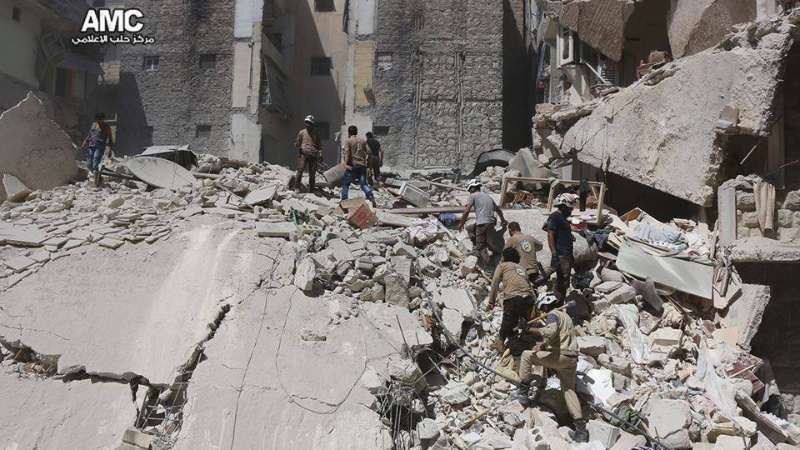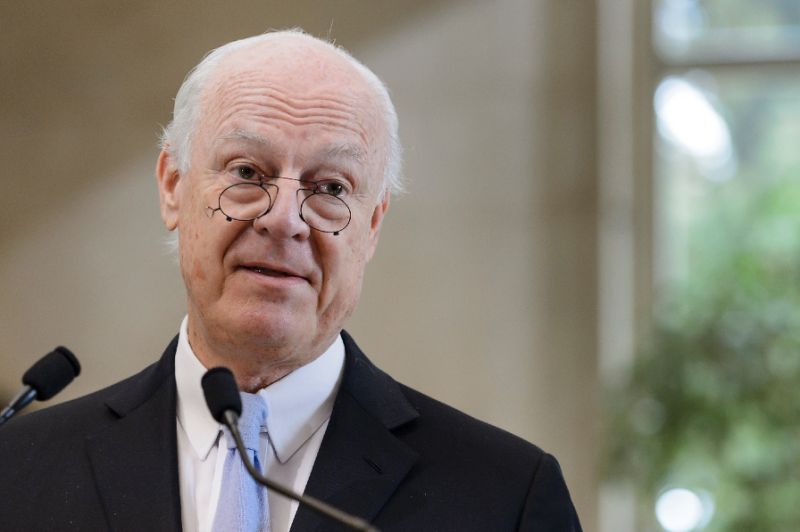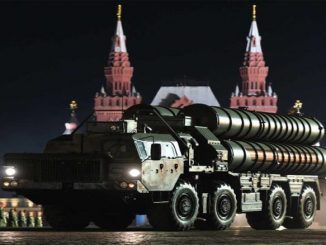
Assad regime’s forces and their Russian allies have extensively used widely banned cluster munitions in their attacks on opposition-held areas in Syria, Human Rights Watch (HRW) said on Thursday.
The New York-based watchdog added that it had documented 47 cluster munition attacks that killed and injured dozens of civilians in opposition-controlled territory across three Syrian provinces over the past two months
“Since Russia and Syria have renewed their joint air operations, we have seen a relentless use of cluster munitions,” Ole Solvang, HRW’s deputy emergencies director, said.
Cluster bombs are banned by a 2008 convention signed by 98 states because they have a wide range of impact and tend to leave behind unexploded bomblets, resulting in civilian casualties during and after their use.
A large number of the documented cluster munition attacks in Syria took place north and west of the city of Aleppo, as Russian and regime forces tried to besiege the part of the city controlled by opposition groups, HRW said.
On June 16, aircraft attacked US-backed opposition forces near Syria’s al-Tanf border crossing with Iraq, HRW said.
It added that on July 11, aircraft carried out multiple attacks on fuel trucks on the outskirts of Termanin, a village in Idlib province in north-western Syria, killing at least 10 people and wounding others.
HRW said that since mid-2012, the Assad forces have used both air-dropped and ground-launched cluster munitions.
Cluster munition attacks in Syria have increased significantly since Russia began its military operation there in September 2015, according to the watchdog.



